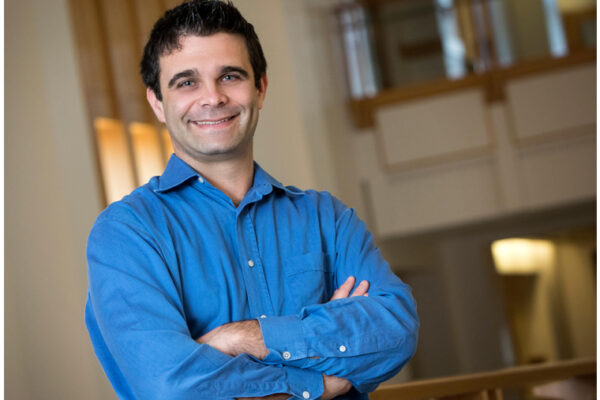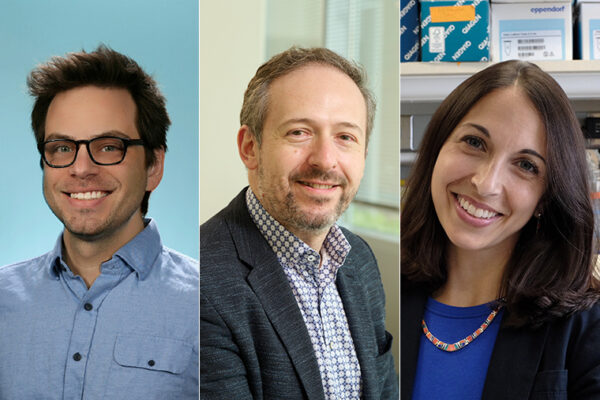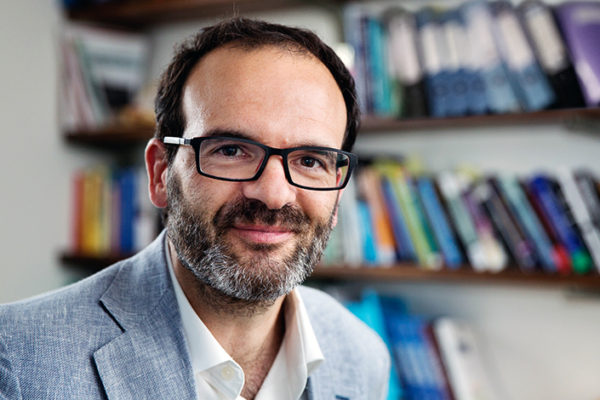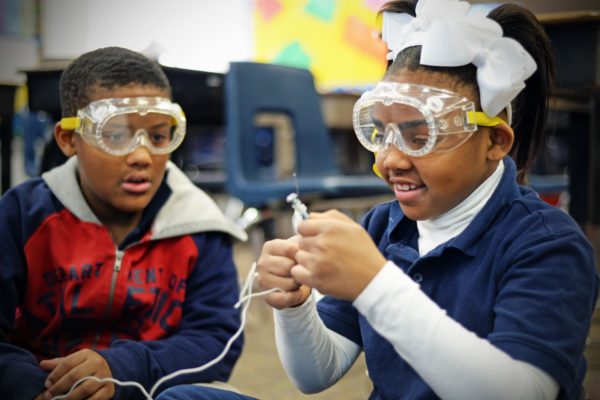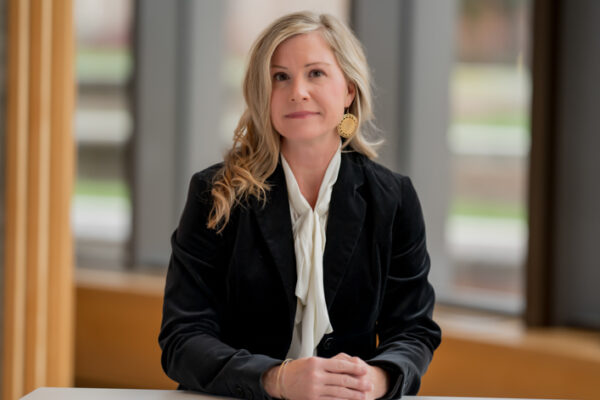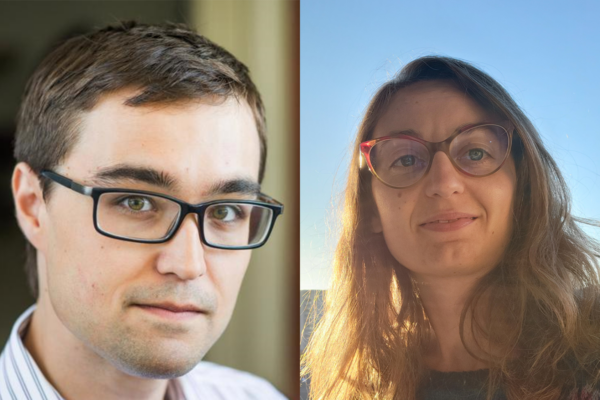Huebsch wins NSF CAREER award
The National Science Foundation has given a CAREER award to Nathaniel Huebsch, an assistant professor of biomedical engineering in the McKelvey School of Engineering at Washington University in St. Louis.
Chan Zuckerberg Initiative funds pilot projects in neurodegeneration, neuroscience
Two innovative pilot projects led by researchers at Washington University School of Medicine have received funding from the Chan Zuckerberg Initiative to address critical challenges in the fields of neurodegeneration and neuroscience.
WashU engineers manage a first: measuring pH in cell condensates
In a first for the field, biomedical engineers at the McKelvey School of Engineering determined the pH profiles of certain key types of cellular condensates.
Demystifying nano-neuro interactions
Researchers at the McKelvey School of Engineering received a three-year $570,746 grant from the National Science Foundation to support their work to understand the fundamental mechanisms that underpin interactions between nerve cells, or neurons, and nanoparticles, which can be used to both sense and stimulate neurons.
Social determinants of health increase Alzheimer’s risk
Social determinants of health are increasing Alzheimer’s disease and related dementia risk, finds a recent study from the Brown School and the School of Medicine at Washington University in St. Louis.
Framework promotes equitable science learning
Teaching science in a way that includes and engages all learners can be challenging, but a new framework developed by the Institute for School Partnership at Washington University in St. Louis, and published in the journal Science and Children, provides criteria for equitable lesson development in elementary science.
Study looks at ways to sustain public health programs
State tobacco control programs that used a new training model were better able to sustain operations, finds a new study from the Brown School at Washington University in St. Louis.
New insight into orchid origins
Research from Washington University in St. Louis shows that orchids probably originated in Eurasia. Biologist Susanne Renner in Arts & Sciences is a senior author of the study in New Phytologist.
Two WashU faculty awarded Sloan Research Fellowships
Two early-career Washington University faculty members have been awarded a prestigious Sloan Research Fellowship: psychologist Zachariah Reagh, in Arts & Sciences, and neuroscientist Gaia Tavoni, at the School of Medicine.
Water quality monitor, locust-inspired electronic nose under development
Two teams of engineers led by faculty in the McKelvey School of Engineering at Washington University will work toward developing products to monitor drinking water quality and to detect explosives with an electronic nose with one-year $650,000 Convergence Accelerator Phase 1 grants from the National Science Foundation.
View More Stories
